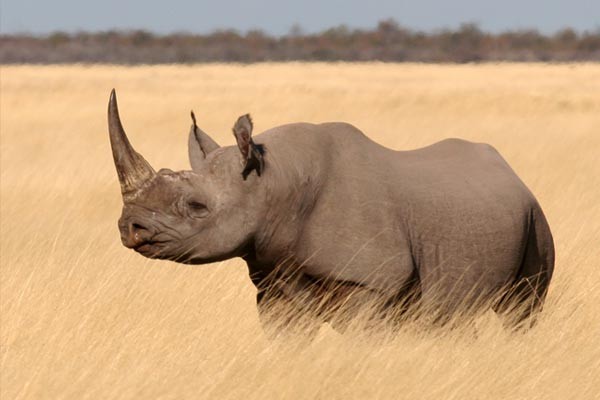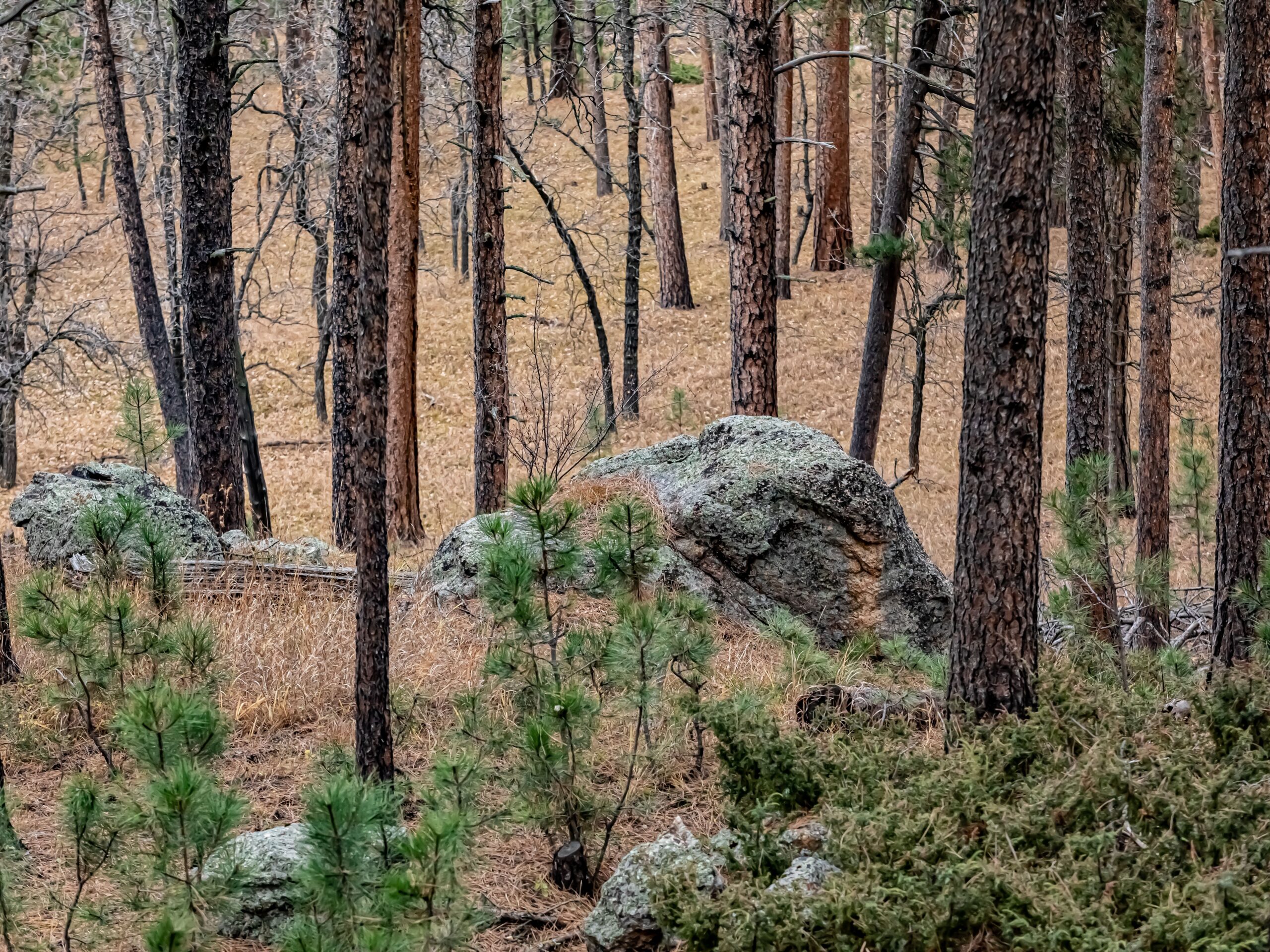Last year, WWF declared September 22nd as World Rhino Day to raise awareness of the plight of the world’s rhino species, which continue to be seriously threatened by poaching. This year, WWF and the California-based organization, Saving Rhinos LLC, aims to continue that tradition along with various other smaller rhino-oriented organizations.
Given that tomorrow is the official day, it is worth reflecting on why rhinos continue to be threatened and what might be done to save them. Rhinos are poached for their horns, which command high prices in Asia where they are used for medicinal and ornamental purposes. A 35 year ban on international trade in rhino horn has failed to close down markets and prevent poaching. Since the inception of the ban, rhino populations have mostly continued to decline as the black market price of rhino horn has steadily risen to remarkable levels, encouraging increasingly aggressive levels of poaching activity.
Saving Rhinos LLC believes that the solution is to maintain the existing ban and ‘re-educate’ consumers of traditional rhino horn medicines. On the face of it, the economic logic of this approach appears sound: reduce the demand, and the price of rhino horn (and therefore incentive to poach) should also drop. However, Saving Rhinos LLC also proposes destroying existing stockpiles of horn held by government agencies as well as other measures that would reduce the potential supply of horn to the market. In this regard they appear misguided, as economic logic tells us that reductions in supply (both perceived and real) will result in higher black market prices.
Indeed, recent experience in South Africa appears to demonstrate that effect. South Africa stands out as being the most successful custodian of rhinos in the world – in 1900 rhinos were all but extinct there, but today it harbours more than 70 percent of the world’s population. This success is owed largely to the pursuit of market-friendly wildlife conservation policies, but has come under threat after recent attempts to tighten regulations stimulated a surge in new poaching incidents, which you can see in PERC’s latest case study. Banning domestic rhino horn trade and imposing restrictions on trophy hunting and live exports effectively restricted supply of rhino horn to the black market and almost certainly drove up the black market price.
Saving Rhinos LLC and similar organizations need to consider that a demand reduction approach may be resisted by consumers. Rhino horn is revered in Asian culture, based on traditional beliefs that extend back thousands of years, significantly predating religious belief systems such as Judaism, Christianity and Islam. Changing such a deeply-rooted belief system in time to save wild rhinos may simply not be feasible – in which case we may need to consider other alternatives.
In Africa, rhino horns can be quite easily and harmlessly harvested from free-ranging animals, and they regrow. A carefully regulated legal trade in rhino horn, supplied sustainably, with proceeds re-invested into conservation, provides a potential alternative that deserves further consideration.
For further information, please read Saving African Rhinos: A Market Success Story and visit www.rhino-economics.com



